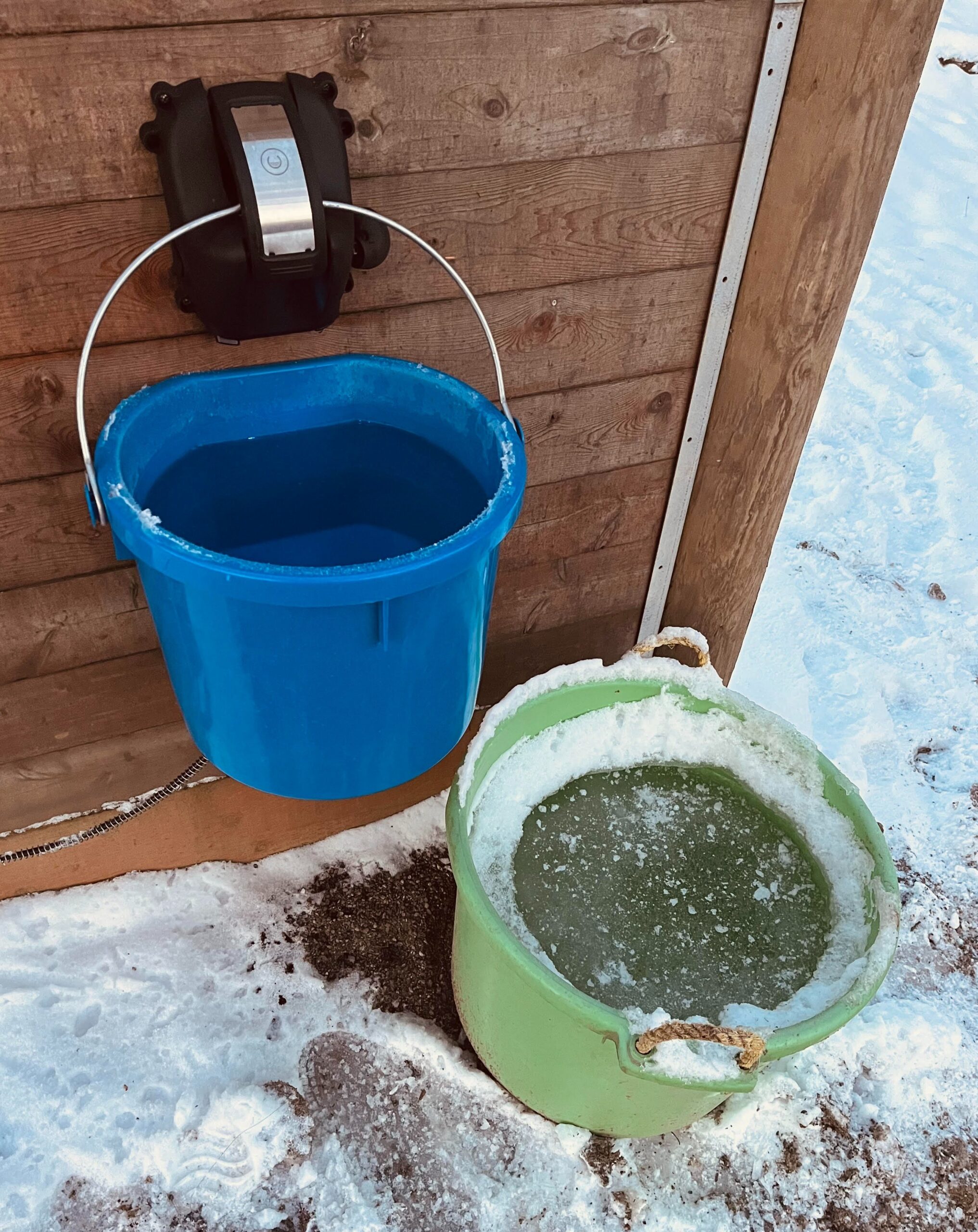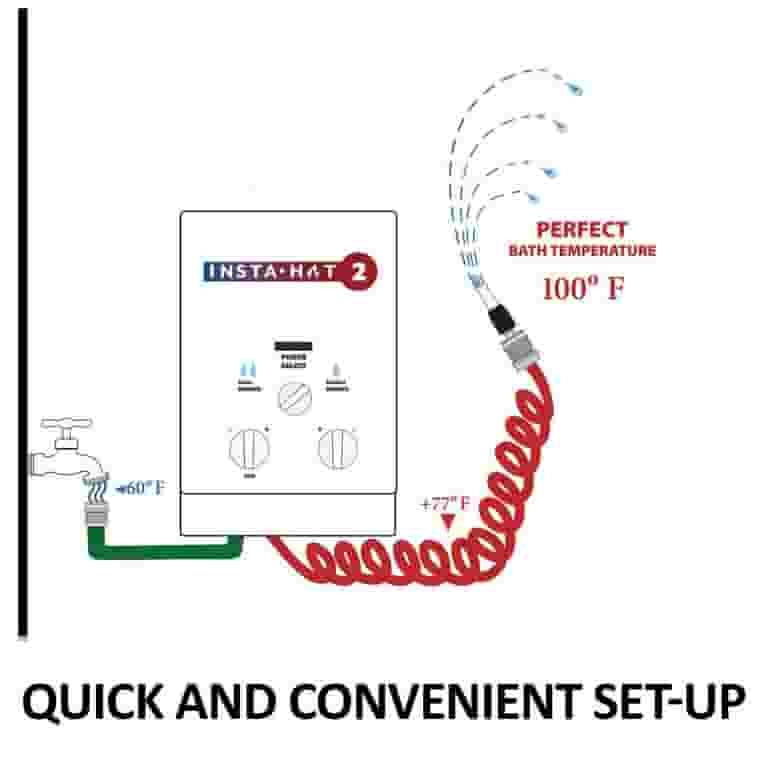Water Heater Options for Winter Months for Your Horse

Winter can be a challenging time for horse owners, especially when it comes to ensuring your horse has access to unfrozen water. Proper hydration is crucial for your horse’s health, and using the right water heater can make all the difference. This article explores various water heater options, their benefits, and considerations to help you choose the best solution for your equine companion.
Why Water Heaters Are Important in Winter
Horses need constant access to fresh, unfrozen water to maintain hydration and overall health. In freezing temperatures, water troughs and buckets can quickly freeze, discouraging horses from drinking enough. This can lead to dehydration, colic, and other health issues.
Types of Water Heaters for Horses
1. Heated Buckets
- Description: Portable buckets with built-in heating elements.
- Pros: Easy to use, portable, energy-efficient.
- Cons: Limited capacity, may require frequent refilling.
2. Heated Water Troughs
- Description: Larger troughs with integrated heating systems.
- Pros: Suitable for multiple horses, maintains larger water volumes.
- Cons: Higher energy consumption, installation may be complex.
3. Immersion Heaters
- Description: Electric heating elements placed directly in water containers.
- Pros: Affordable, effective for small containers.
- Cons: Safety concerns if not used properly, not suitable for large troughs.
4. Heated Water Bowls
- Description: Insulated bowls with heating elements.
- Pros: Compact, easy to clean.
- Cons: Limited water volume.
5. Solar-Powered Water Heaters
- Description: Systems that use solar energy to keep water from freezing.
- Pros: Eco-friendly, cost-effective in the long run.
- Cons: Dependent on sunlight, higher initial cost.
Factors to Consider When Choosing a Water Heater
| Factor | Description |
|---|---|
| Energy Source | Electricity, solar, propane, etc. |
| Capacity | Size of water container and number of horses |
| Safety | Waterproof, automatic shut-off features |
| Installation | Ease of setup and maintenance |
| Cost | Initial investment and operating expenses |
Tips for Maintaining Water Heaters
- Regularly check for damage or wear.
- Clean water containers to prevent algae and bacteria.
- Ensure cords and plugs are safe from chewing.
- Monitor water temperature to avoid overheating.
Frequently Asked Questions (FAQ)
Q1: Can I use a regular household heater for my horse’s water?
A: It’s not recommended as they may not be waterproof or safe for outdoor use.
Q2: How much electricity do water heaters consume?
A: Consumption varies by type and size; heated buckets typically use less power than trough heaters.
Q3: Are solar water heaters effective in cloudy winter months?
A: They can be less effective without sufficient sunlight but can be supplemented with other heating methods.
Q4: How often should I replace my water heater?
A: Depending on usage and quality, typically every 3-5 years.
Conclusion
Choosing the right water heater for your horse during winter is essential for their health and comfort. Consider your specific needs, budget, and the environment to select the best option. Proper maintenance will ensure your water heater lasts through many winters, keeping your horse hydrated and happy.
